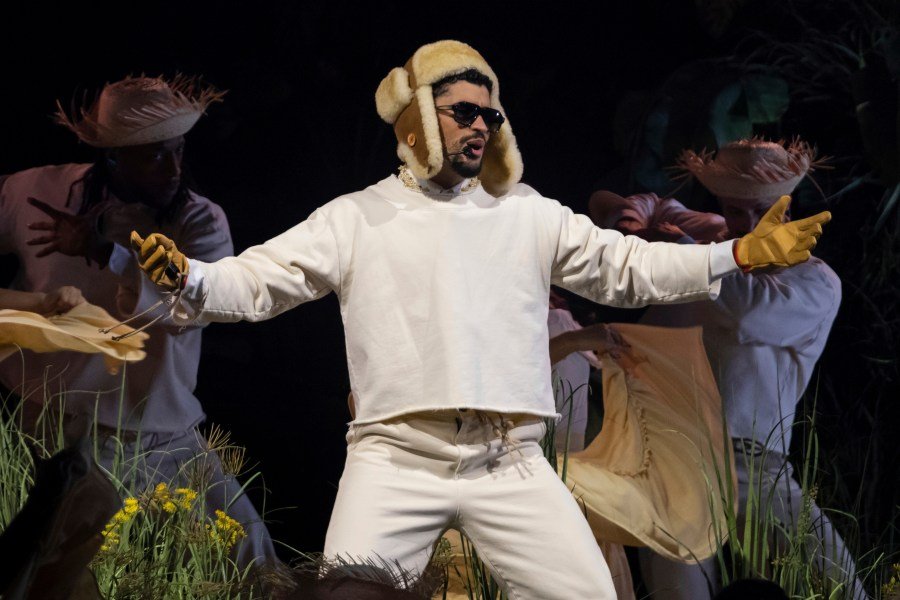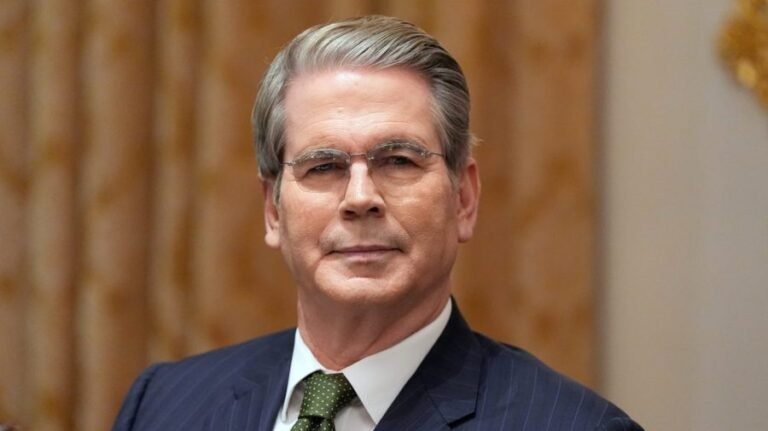
When the National Football League announced that Bad Bunny would headline the Super Bowl halftime show, the response across U.S. social media was quick and revealing.
Instead of widespread excitement for one of the world’s most influential musical artists, the announcement sparked a flood of angry comments — many criticizing his choice to sing in Spanish and to showcase Puerto Rican culture.
The backlash goes beyond music criticism. It highlights deep tensions around language, identity, and what it really means to be American.
Bad Bunny is more than a chart-topping artist; he is a Puerto Rican cultural ambassador. He has brought the unmistakable rhythm of Boricua Spanish, and the rich aesthetics of Puerto Rican life to the world’s biggest stages. Appearing at the Super Bowl — the ultimate display of U.S. pop culture — he will not switch to English or water down his roots to please a mainstream American audience. Instead, he will do what he always does: represent Puerto Rico on its own terms.
That choice challenges the long-held belief that a “universal” appeal requires English lyrics and American acceptance. In a country that claims to celebrate diversity, the discomfort shown by many Americans reveals a less flattering truth: Diversity is accepted only when it meets majority-American expectations.
Puerto Ricans are U.S. citizens, a status unilaterally imposed by Congress in 1917, so that Puerto Ricans could be drafted during World War I. Yet the angry reactions to Bad Bunny’s halftime show reveal how many Americans still see Puerto Ricans as foreigners.
The social-media vitriol — mocking his Spanish lyrics or dismissing Puerto Rican culture as “un-American” — serves as a reminder that U.S. citizenship has never quite changed the perception of Puerto Ricans as foreign. U.S. citizenship cannot erase our Puerto Rican nation’s 500-year-old history, culture, and identity.
If Americans cannot accept a globally admired artist singing in Spanish on the country’s most-watched broadcast, how can we expect them to treat Puerto Rico as a future state? Puerto Ricans are not considered Americans — not only by mainland Americans but also by Puerto Ricans themselves. Having resisted and rejected assimilation and English-only policies for 127 years, Puerto Ricans are a proud, defiant, and unassimilable nation.
Bad Bunny’s performance will serve as more than just entertainment — it will act as a reflection. For Americans, it will pose a difficult question: Since Puerto Ricans are legally U.S. citizens, why does the celebration of their culture provoke such hostility?
For Puerto Ricans, the moment highlights what many already know: Our language, music, and pride in our heritage are not deviations from an “American” identity but in fact our own national identity.
At Bad Bunny’s recent concert in San Juan, watched by more than 11 million people worldwide, not a single U.S. flag was waved or displayed. During his performance of “Preciosa,” considered Puerto Rico’s unofficial national anthem, when he and singer Marc Anthony called the United States a tyrant, the Puerto Rican crowd cheered loudly and waved Puerto Rican flags. After 127 years of U.S. rule, that is the message Puerto Rico sends to the world.
This halftime show will prompt Americans across the political spectrum to reflect. Conservatives who prioritize clear national borders and liberals who support multiculturalism will face the same truth: Puerto Ricans are not culturally or nationally American, nor wish to be American, and they do not want to become the 51st state. Thankfully, support for sovereignty is increasing — now at 43 percent — while support for statehood is waning. Puerto Rican youth are beginning to embrace sovereignty as the only viable and reasonable path for Puerto Rico.
Independence does not mean rejecting friendship with the U.S.; rather, it affirms our national culture and identity. Sovereignty would enable Puerto Rico to govern itself as a proud Caribbean nation and to collaborate with the U.S. on friendly terms, rather than as a colony or a defiant and unassimilable state.
Washington can help Puerto Rico transition from its territorial status to that of an independent partner by supporting a negotiated path to sovereignty that preserves economic and political ties beneficial to both nations.
Bad Bunny’s music underscores a fundamental truth that both of our peoples must accept: Puerto Rico is a nation, not a mere conglomeration of U.S. citizens on an island. It is now time for the U.S. to acknowledge this and collaborate with us to build a future based on trade, democracy, and partnership rather than colonial control.
Javier A. Hernández is a Puerto Rican author, linguist, educator, former federal official, and author of “PREXIT: Forging Puerto Rico’s Path to Sovereignty,” “The Patriotic History of Puerto Rico for Young Readers,” and “Puerto Rico: The Economic Case for Sovereignty.”






